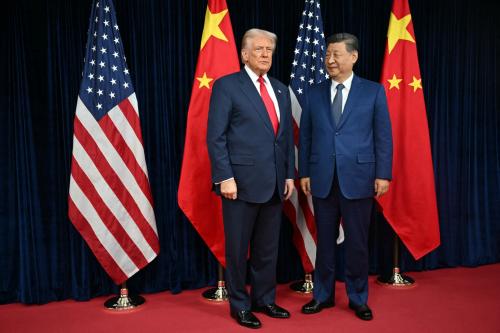Readers of this column know that I have been skeptical of Prime Minister
Koizumi’s desire and ability to carry out economic reforms necessary to
restore the economy to health. But recently even I have felt at least a
slight sense of hope because of the appointment of Heizo Takenaka to
Minister for Financial Services while continuing his post a Minister of
Economic and Fiscal Policy.
To be honest, I should let readers know that I have known Professor
Takenaka since the 1980s, regard him as a friend, and have had respect for
his work as an economist. However, I offer the following comments not
because he is my friend but because I believe that he is advocating the
right policies for Japan.
Soon after Professor Takenaka’s appointment, his remarks about no
company or bank being too big to fail caused the stock market to fall even
further. Nevertheless, what he is saying is not at all radical. Almost all
professional economists I know agree on the basic parts of what needs to be
done to fix the economy: clean up the banking mess, use macroeconomic policy
to support the economy, and carry out further structural reform.
The bank cleanup is the critical starting point. This must include
shutting down non-performing loans, with the banks forcing the borrowers
into bankruptcy, seizing the collateral (mostly real estate), and selling
it. Far too often, banks have “written off” loans by setting aside reserves
to cover the loss on the loan without taking any action to actually stop the
loan and deal with the collateral. The recent experience of the United
States, Norway, Finland and Sweden teaches us that only the real elimination
of these loans and the resale of the property works to clear the way for
economic recovery.
No economist I know believes that the Japanese banking sector can afford
to carry out this disposal of non-performing loans on its own. Sale of the
collateral will bring in far less money than the face value of the loans,
and the losses could force much of the banking sector into bankruptcy, too.
Since no country can afford to have its banking sector collapse, some form
of government-funded recapitalization of the banking sector is absolutely
necessary—but only when tied to the disposal of non-performing loans. If
putting taxpayers money into a banking sector that is perceived as having
behaved in a corrupt fashion is unpalatable, then the government should be
more aggressive on putting corrupt bank managers into jail (as we did in the
United States).
The clean up of non-performing loans will cause bankruptcies and
unemployment. Therefore, macroeconomic support during this process is
necessary to cushion the downturn in the economy. On the fiscal side, the
government needs to at least maintain the current level of deficit, or even
do more by cutting taxes. On the monetary side, it may be time to try
unconventional policy measures, such as so-called inflation targeting. On
their own, these macroeconomic policies might be ineffective or even
dangerous, but with the bank cleanup, they are vital. Even this
macroeconomic support will not prevent some short-term pain as bankruptcies
soar and unemployment rises, but it will help soften the blow.
Finally, further structural reform, including deregulation and
privatization of some government entities will help make the economy more
flexible. As the construction sector shrinks, it is important that other
parts of the economy grow, and deregulation would help produce that result.
But perhaps most important among these reforms is an effort to improve
disclosure of corporate financial information. In a well-functioning
economy, companies must be forced to disclose bad news so that the financial
system can reallocate financial resources away from shrinking or poorly
performing sectors to those that are growing.
Professor Takenaka supports at least most elements of this three-pronged
package. I might disagree with him on some details of what he advocates, but
in broad terms we endorse the same approach. The stock market may not like
it, but he is really the first cabinet minister in the past decade to talk
the truth about what needs to happen.
When Prime Minister Koizumi came into office I worried that he did not
understand or really care about the core economic problems. But he has been
wise enough to appoint Professor Takenaka, who does understand what needs to
be done. The big unknown, however, is whether an academic with no political
background and no close ties to the bureaucracy can convince the rest of the
government about what needs to be done. With other LDP members like former
Prime Minister Yasuhiro Nakasone and Hiromu Nonaka opposing Professor
Takenaka, there is no guarantee of success. But even the modest chance that
he could succeed causes me to feel at least slightly more hopeful about the
future of the Japanese economy. I wish him luck with a difficult job.
The Brookings Institution is committed to quality, independence, and impact.
We are supported by a diverse array of funders. In line with our values and policies, each Brookings publication represents the sole views of its author(s).



Commentary
Op-edStraight Talk at Last
October 20, 2002